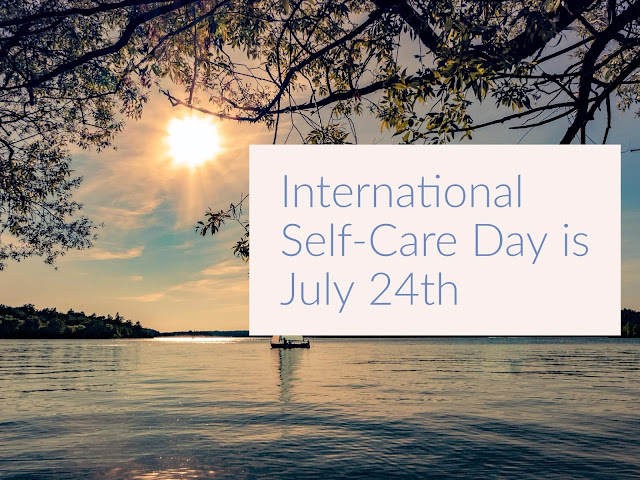WHAT IS SELF-CARE?
‘Self-Care is what people do for themselves to establish and maintain health, and to prevent and deal with illness. It is a broad concept encompassing hygiene (general and personal), nutrition (type and quality of food eaten), lifestyle (sporting activities, leisure etc), environmental factors (living conditions, social habits, etc.) socio-economic factors (income level, cultural beliefs, etc.) and self-medication.’
- Health literacy – includes: the capacity of individuals to obtain, process and understand basic health information and services needed to make appropriate health decisions
- Self-awareness of physical and mental condition – includes: knowing your body mass index (BMI), cholesterol level, blood pressure; engaging in health screening.
- Physical activity – practicing moderate intensity physical activity such as walking, cycling, or participating in sports at a desirable frequency.
- Healthy eating – includes: having a nutritious, balanced diet with appropriate levels of calorie intake.
- Risk avoidance or mitigation – includes: quitting tobacco, limiting alcohol use, getting vaccinated, practicing safe sex, using sunscreens.
- Good hygiene – includes: washing hands regularly, brushing teeth, washing food.
- Rational and responsible use of products, services, diagnostics and medicines – includes: being aware of dangers, using responsibly when necessary.




